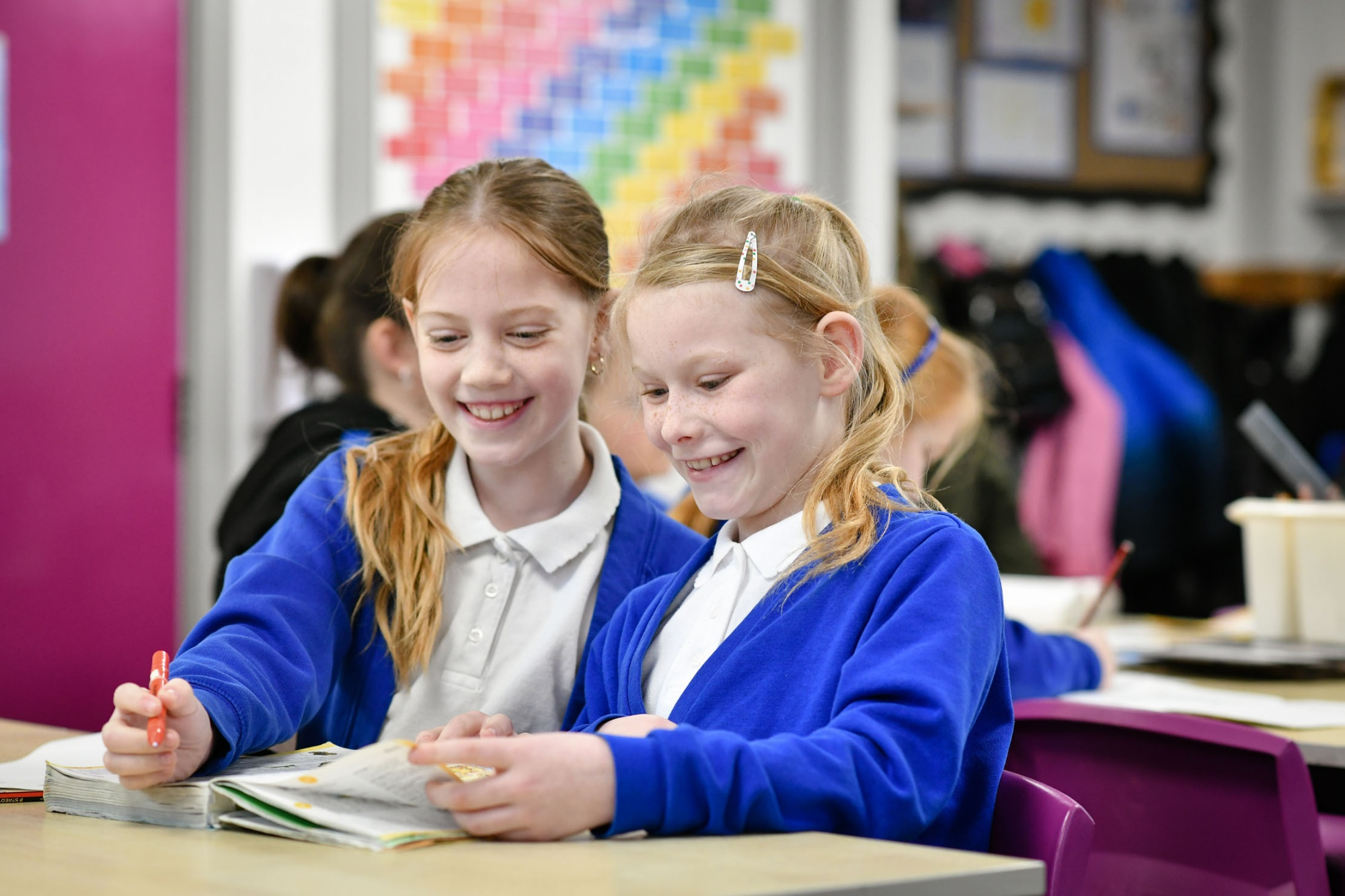PE
Intent
At Austin Farm, we promote a culture which aims to inspire an active generation to enjoy PE, encourage each other and achieve. We provide a safe and supportive environment for children to flourish in a range of different physical activities which is essential in supporting their physical, emotional, spiritual, social and moral development. We embed our school values (Proud, resilient, respectful) through all lessons.
Through 2 hours of high-quality PE, we will develop all children’s fundamental movement skills; we engage them in a wide range of sports and activities where they can become confident, competent and find one (or more) they really love. We inspire children to lead active, healthy lifestyles and understand how to participate in healthy competition as part of a team and on a personal challenge level. Our aim is for the children to develop life skills throughout their PE sessions such as showing respect, teamwork, friendship, determination and feeling proud of what they achieve.
Curriculum coverage
Each class takes part in 2 hours of PE lessons a week. The Cambridgeshire Primary PE Scheme of Work has been used to create a dynamic, varied and stimulating program of activity to ensure that all children progress physically through an inspirational, unique and fully inclusive PE curriculum; the scheme is designed for children to learn the fundamental skills in Foundation and Key Stage 1 before moving on to using and applying these skills in games during Key Stage 2. We encourage all children to develop their understanding of the way in which they can use their body, equipment and apparatus safely yet imaginatively to achieve their personal goals. All children have the opportunity to enjoy being physically active, maintain a healthy lifestyle and, through using the medium of sport, increase their self-esteem. We aspire for children to adopt a positive mind-set and believe that anything can be achieved with determination and resilience.
Implement
Children are taught regularly by both teaching staff and external coaches from Plymouth Schools Sports Partnership (PSSP) from EYFS to Year 6. The curriculum is further enhanced by participation in numerous sporting tournaments with other schools in Plymouth, in after school clubs and during sessions supported by coaches from the Plymouth Schools Sports Partnership (PSSP). Our sports leaders supervise and lead sports activities at lunchtime, encouraging physical activity, fun and teamwork.
As an Active School, we aim to ensure that the children participate in active lessons outside of their regular PE lessons. This involves incorporating moments within lessons whereby the children can be active.
We follow the guidelines set by the national curriculum to ensure we offer a range of PE activities that allow each child to feel challenged and offer opportunities to progress further.
EYFS
As part of the EYFS statutory framework, pupils are taught:
-
Physical development - involves providing opportunities for young children to be active and interactive; and to develop their co-ordination, control, and movement. Children must also be helped to understand the importance of physical activity, and to make healthy choices in relation to food.
-
Moving and handling: children show good control and co-ordination in large and small movements. They move confidently in a range of ways, safely negotiating space. They handle equipment and tools effectively.
-
Health and self-care: children know the importance for good health of physical exercise, and a healthy diet, and talk about ways to keep healthy and safe.
Foundation children also take part in Balanceability which is delivered by the PSSP.
Key stage 1
Pupils develop fundamental movement skills, become increasingly competent and confident and access a broad range of opportunities to extend their agility, balance and coordination, individually and with others. They are able to engage in competitive (both against self and against others) and co-operative physical activities, in a range of increasingly challenging situations.
Pupils are taught to:
-
master basic movements including running, jumping, throwing and catching, as well as developing balance, agility and co-ordination, and begin to apply these in a range of activities
-
participate in team games, developing simple tactics for attacking and defending
-
perform dances using simple movement patterns.
Key Stage 2
Pupils continue to apply and develop a broader range of skills, learning how to use them in different ways and to link them to make actions and sequences of movement. They enjoy communicating, collaborating and competing with each other. They develop an understanding of how to improve in different physical activities and sports and learn how to evaluate and recognise their own success.
Pupils are taught to:
-
use running, jumping, throwing and catching in isolation and in combination
-
play competitive games, modified where appropriate [for example, badminton, basketball, cricket, football, hockey, netball, rounders and tennis], and apply basic principles suitable for attacking and defending
-
develop flexibility, strength, technique, control and balance (for example, through athletics and gymnastics)
-
perform dances using a range of movement patterns
-
take part in outdoor and adventurous activity challenges both individually and within a team
-
compare their performances with previous ones and demonstrate improvement to achieve their personal best.
Swimming
At Austin Farm, every child attends a block of swimming lesson in Year 4, with additional swimming boosters offered to Year 6 children to enable everyone the best opportunity to achieve the national curriculum swimming requirements.
Impact
Teachers assess children’s knowledge, understanding and skills in PE by observing, questioning and assessing against the Cambridgeshire PE scheme of works assessment grids. Teachers also use the Level 1 competitions at the end of unit to encourage the children to evaluate their own progression, knowledge and skills and suggest ways they can improve. Children are also given opportunities to identify the school games values in themselves and their peers.
Resource for parents:





